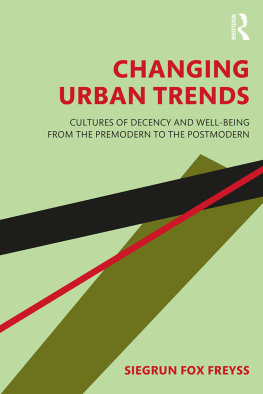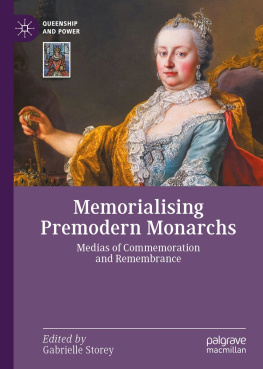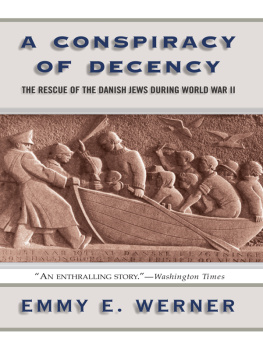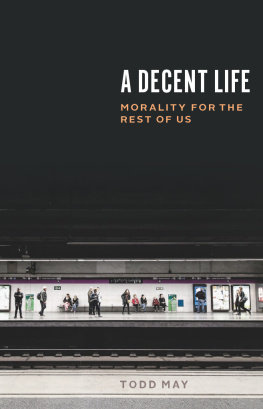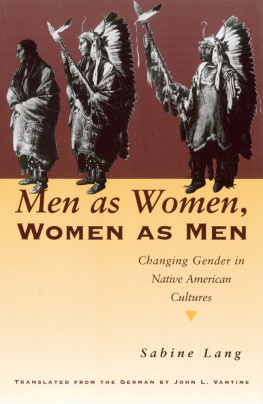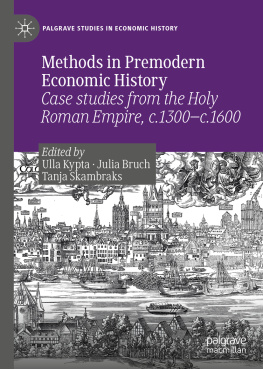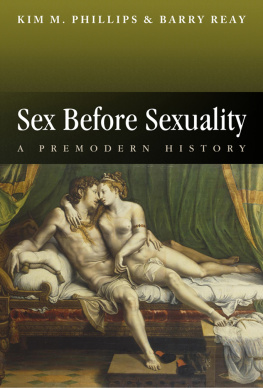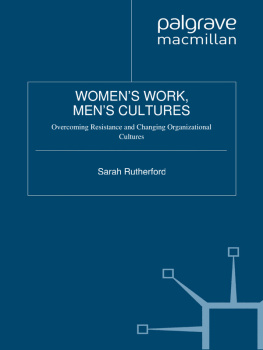CHANGING URBAN TRENDS
The local public sector is deeply steeped in history. Studying the historic patterns of urban settlements helps us to understand the development of local priorities: zoning to separate residential areas by class and race, establishing police and fire departments to protect lives and property, building roads and canals to make transportation more efficient, and setting up school systems to educate students for work and adulthood. In this new book, the reader is guided through premodern conditions in order to identify paradigmatic changes that differentiate the premodern age from the modern age. The well-known contours of that transformation are then used to highlight trends that signal movements toward postmodernity.
A great variety of books cover politics, policies, and governance at the local level. This book invites a more comprehensive look in that it structures the analysis around six basic themes: economics, politics and government, organization of work, education, human nature plus related practices, and criminal justice; the book invites a historical perspective by using the six themes to clarify paradigmatic shifts from premodernity to modernity and now postmodernity. The paradigmatic changes are examined to ask important questions: What can local governments learn from premodernity and modernity to promote desirable developments and avert unfavorable trends in postmodernity? What are progressive and regressive strategies? What social, cultural, and economic principles and practices are worth promoting and which ones to discourage? The broad nature of the book makes it relevant to students, scholars, and experts of urban politics and policies, as well as city planning, economic planning, ethics, and related fields.
Siegrun Fox Freyss is Professor Emerita of political science and public administration at the California State University, Los Angeles, USA. Her research interests include local government politics and management, as well as public policies at the community level and organization theory in general. She is the co-author of Personnel Management in Government, 7th ed.; as well as the editor and co-author of Human Research Management in Local Government, 3rd ed., published by the International City/County Management Association (ICMA). She also is the author of numerous articles published in academic journals and as book chapters. In 2014, she wrote a monthly column in PA Times on Paradigm Shifts in Public Administration Towards New Benchmarks and Best Practices. Dr. Freyss received her doctoral degree in Government from the Claremont Graduate University and her masters degree (Diplom) in Applied Geography from the Technical University Munich, Germany.
CHANGING URBAN TRENDS
Cultures of Decency and Well-being from the Premodern to the Postmodern
Siegrun Fox Freyss
First published 2020
by Routledge
52 Vanderbilt Avenue, New York, NY 10017
and by Routledge
2 Park Square, Milton Park, Abingdon, Oxon, OX14 4RN
Routledge is an imprint of the Taylor & Francis Group, an informa business
2020 Taylor & Francis
The right of Siegrun Fox Freyss to be identified as author of this work has been asserted by her in accordance with sections 77 and 78 of the Copyright, Designs and Patents Act 1988.
All rights reserved. No part of this book may be reprinted or reproduced or utilized in any form or by any electronic, mechanical, or other means, now known or hereafter invented, including photocopying and recording, or in any information storage or retrieval system, without permission in writing from the publishers.
Trademark notice: Product or corporate names may be trademarks or registered trademarks, and are used only for identification and explanation without intent to infringe.
Library of Congress Cataloging-in-Publication Data
A catalog record for this title has been requested
ISBN: 978-1-138-04932-1 (hbk)
ISBN: 978-1-138-04933-8 (pbk)
ISBN: 978-1-315-16963-7 (ebk)
Typeset in Bembo
by Lumina Datamatics Limited
Dedicated to Harold Ober Fox and Family
CONTENTS
PART I
Settlement Trends in Premodern Times
PART II
Urban Trends in Modern Times
PART III
Urban Trends in Postmodern Times
I hope you will enjoy reading the book as much as I enjoyed writing it. It took me back to my original studies in applied geography, focus on city planning, at the Technical University, Munich, and to the Claremont Graduate University where I got a wide-ranging education, from political philosophy to urban studies and public administration.
At Claremont, I also picked up a healthy, or unhealthy, amount of sarcasm. The Taylor & Francis Group instructions to authors suggest to include a brief apologia if warranted. So, I would like to take this opportunity to apologize for any past jokes that were not funnyor future ones.
We are living in a time of transition from the modern, Industrial Age to the postmodern, High-Tech Age. A large number of publications have contributed to our understanding of the developments in history and in academia (Thiele, 2003; Freyss, 2004, 2015; Miller & Fox, 2006; Geyh, 2009; Judd & Simpson, 2011; Sim, 2011; Hatch, 2018). This book seeks to add to the discourse in three ways:
First, by including the past, starting with an analysis of premodern, low-tech, agrarian conditions in the North American colonies, to understand key phenomena in the paradigmatic shift from premodern to modern times,
Second, by using our understanding of the paradigmatic shift from premodernity to modernity to clarify the transition to postmodernity,
Third, by applying the analysis to cities in the United States, contribute to the dialog on progressive politics, policies, and public administration at the local level.
The changes have both promising implications, as well as disturbing ones.
1. Focus and Organization of the Book
The book has plenty of information about disturbing developments, but one can also find positive efforts which the book calls cultures of decency and cultures of well-being. In the context of this book, decency refers to ethical, upright behavior and well-being to economically satisfying conditions (Cooper, 1994). Cultures is, on purpose, in plural to indicate that there is not one best culture and that decency and well-being can be promoted in different ways. To limit the complexity of the arguments, the book focuses on cities in the United States, and to capture major structures and processes of urban phenomena, the analysis is broken down into six policy arenas:
1. Economy,
2. Local government,
3. Organization of work,
4. Education,
5. View of human nature and related practices,
6. Criminal justice.
The purpose of the trend analysis is to gain a better understanding of the current position of cities in terms of desirable and undesirable developments. A critical question is: What can cities do to promote cultures of decency and well-being? Answers will be offered throughout the book, some indirectly and some directly.
The wide-ranging analysis draws on several academic disciplines. The fields include urban studies, broadly understood as urban politics, municipal management, and local-level public policies. Other important fields are city planning, history, economics, and sociology. The book has a unifying theme among these disciplines by focusing on urban issues. County governments are implicitly or explicitly included when appropriate. Local government operates within a state, federal, and international framework, and those networks are addressed where it is appropriate (Spicer, 2001).

